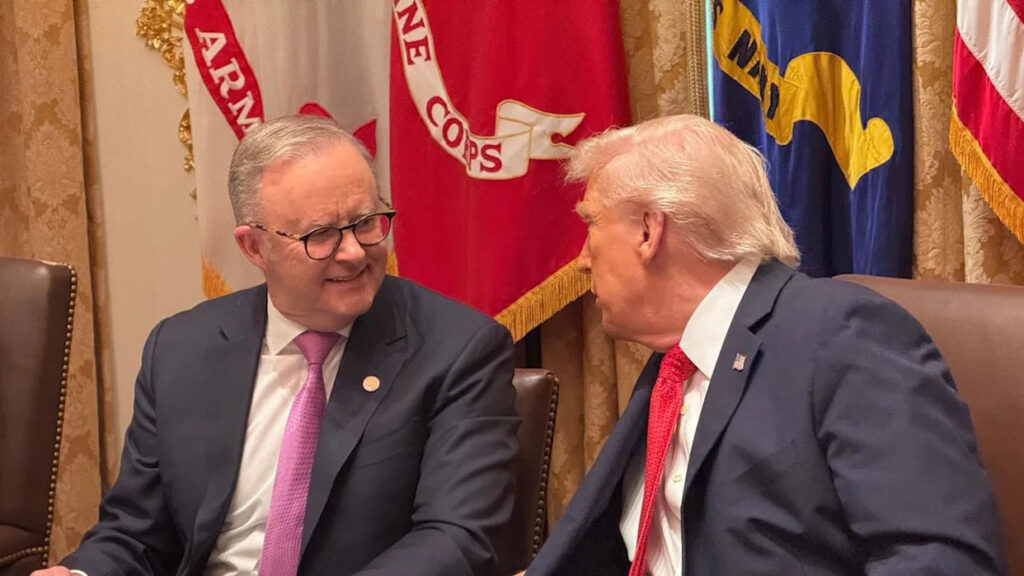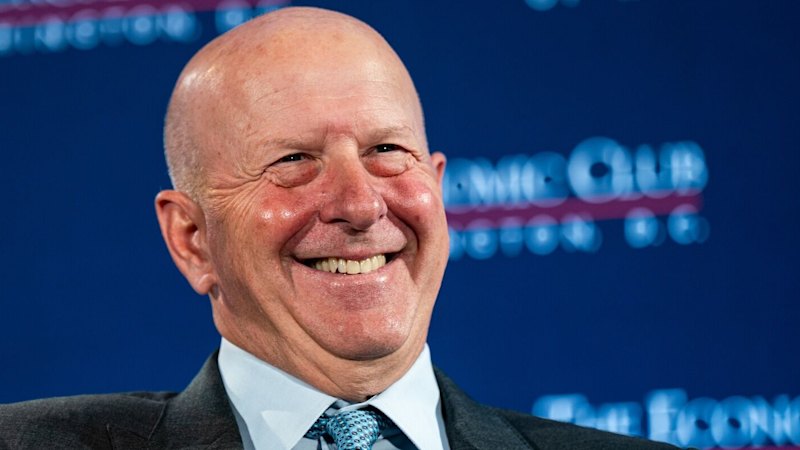
UPDATE: Australia is ramping up efforts to eliminate tariffs on its goods in the United States following a significant policy reversal by the Trump administration. Trade Minister Don Farrell confirmed that the U.S. has dropped a blanket 10 percent tariff on several Australian agricultural imports, including beef, coffee, and bananas, a move that comes as U.S. consumers face rising prices.
The decision is particularly impactful as beef represents Australia’s second-largest export to the U.S., valued at approximately $4.2 billion in 2024. “We are not going to stop,” Farrell said, emphasizing Australia’s commitment to advocating for the removal of remaining tariffs on other products. “Our argument that these tariffs are acts of economic self-harm has finally resonated with U.S. officials,” he added.
Farrell’s remarks followed the U.S. decision last week, which he claims reflects the growing understanding among American leaders that tariffs ultimately inflate prices for consumers, whether for hamburgers or steaks. “From my initial discussions with U.S. Commerce Secretary Howard Lutnick and U.S. Trade Representative Jamieson Greer, we asserted that these tariffs were detrimental,” Farrell explained.
The urgency of this matter is underscored by the ongoing negotiations at the Comprehensive and Progressive Agreement for Trans-Pacific Partnership (CPTPP) summit currently taking place in Melbourne, which includes representatives from 12 economies and nearly 15 percent of the world’s GDP. Farrell noted that discussions at the summit have fostered “very successful” dialogues concerning tariff reductions and trade expansion.
In a timely meeting, EU Trade Commissioner Maros Sefcovic attended the summit, allowing Farrell to push for an elusive trade deal with Europe. “If you’re an outward-facing Australian company, your profits are likely to increase through exports, which in turn boosts staff wages,” Farrell stated, highlighting the positive economic impact of trade agreements.
As the U.S. shifts its tariff strategy, Australia is keen to position itself favorably in the global market. “While America may be taking one path, the rest of the world is moving in another direction,” Farrell said, expressing hope for imminent announcements regarding new free trade agreements.
As this situation develops, it is clear that the Australian government remains committed to advocating for fair trade practices, with a focus on maximizing benefits for both consumers and producers. The next steps will be closely monitored as Australia continues to press for the removal of all tariffs on its products in the U.S.






